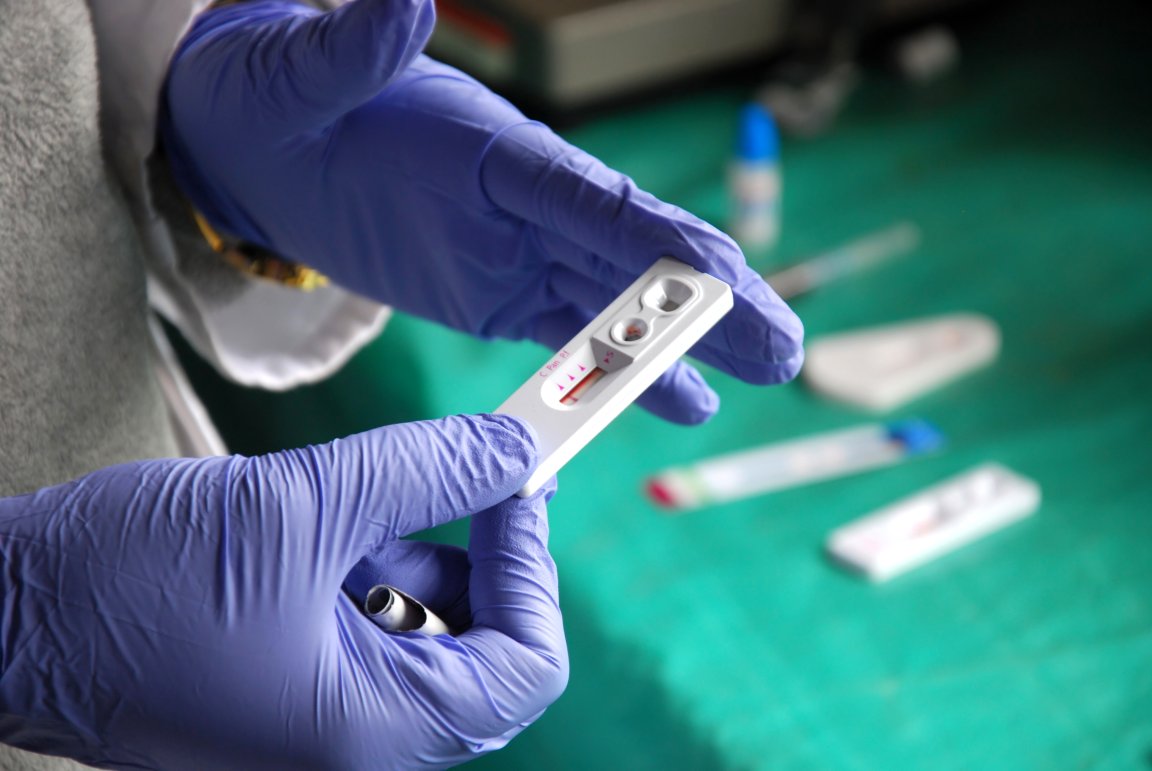
The War on AIDS
The World Economic Forum has released data from fact-checking organization Africa Check which suggests that HIV/AIDS is no longer the leading cause of death for the continent. It’s estimated that 760,000 deaths attributed to HIV/AIDS and related complications were recorded across Africa in 2015, compared to 1 million in 2010, and a staggering 2 million in 2000.
Lower respiratory tract infections are now the leading cause of death, with HIV/AIDS coming in second. Diarrhoeal deaths are in third place, with stroke and heart attacks rounding out the top five.

HIV/AIDS is said to have peaked in most countries in Sub-Saharan Africa between 2000 and 2005, but despite efforts to mitigate its deadly effect, HIV/AIDS managed to retain its position as the biggest killer on the continent. This new data demonstrates how efforts to fight back against the disease have been effective.
Falling Figures
Better diagnosis and treatment is cited as the biggest reason that HIV/AIDS is no longer the biggest cause of the death in Africa. Enhanced availability of information about the condition is another factor in efforts to minimize its effect.
However, efforts to help people live with the condition have proven to be more successful than educating them on how to avoid getting infected.[infographic postid=”30353″][/infographic]
Statistics from the Joint United Nations Programme on HIV/AIDS state that while deaths caused by AIDS in eastern and southern Africa fell by 42 percent between 2010 and 2016, new infections only fell by 29 percent over the same period of time. In western and central Africa, new infections declined by 9 percent, while deaths dropped by 21 percent.
Still, improvements to the availability of treatment have to be commended — 35 percent of people living with HIV in western and central Africa, and 60 percent in eastern and southern Africa were able to access antiretroviral therapy in 2016.
On a global scale, there are many projects at work to ensure that HIV/AIDS is less of a threat to future generations. A website allowing for easy access to preventative drugs has contributed to a major decline in infections, and research into the best ways of minimizing HIV’s effect on day-to-day life is ongoing. There are even hopes that we might be able to develop a cure — or at least a preventative implant.